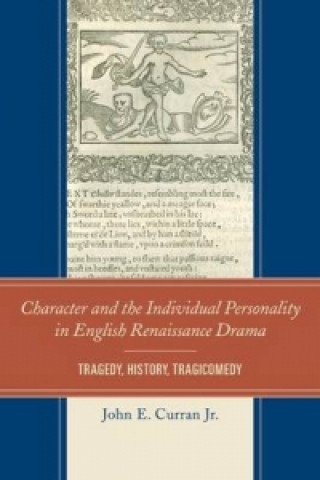
Kód: 04838223
Character and the Individual Personality in English Renaissance Drama
Autor John Curran
Character and the Individual Personality in English Renaissance Drama: Tragedy, History, Tragicomedy studies instantiations of the individualistic character in drama, Shakespearean and non-Shakespearean, and some of the Renaissan ... celý popis
- Jazyk:
 Angličtina
Angličtina - Vazba: Pevná
- Počet stran: 360
Nakladatelství: University of Delaware Press, 2014
- Více informací o knize

Mohlo by se vám také líbit
-

Black Public Sphere
1085 Kč -

Asian America
965 Kč -

Complementary Medicine for Veterinary Technicians and Nurses
1857 Kč -

7809: Journal of Armored and Heliborne Warfare (9)
403 Kč -

Basic Needs
1608 Kč -
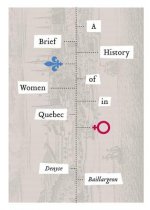
Brief History of Women in Quebec
593 Kč -

América Latina 1960-2013
1001 Kč
Informovat o naskladnění knihy
Zadejte do formuláře e-mailovou adresu a jakmile knihu naskladníme, zašleme vám o tom zprávu. Pohlídáme vše za vás.
Více informací o knize Character and the Individual Personality in English Renaissance Drama
 Anotace knihy
Anotace knihy
Character and the Individual Personality in English Renaissance Drama: Tragedy, History, Tragicomedy studies instantiations of the individualistic character in drama, Shakespearean and non-Shakespearean, and some of the Renaissance ideas allowing for and informing them. Setting aside such fraught questions as the history of Renaissance subjectivity and individualism on the one hand and Shakespearean exceptionalism on the other, we can find that in some plays, by a range of different authors and collaborators, a conception has been evidenced of who a particular person is, and has been used to drive the action. This evidence can take into account a number of internal and external factors that might differentiate a person, and can do so drawing on the intellectual context in a number of ways. Ideas with potential to emphasize the special over the general in envisioning the person might come from training in dialectic (thesis vs hypothesis) or in rhetoric (ethopoeia), from psychological frameworks (casuistry, humor theory, and their interpenetration), or from historiography (exemplarity). But though they depicted what we would call personality only intermittently, and with assumptions different from our own about personhood, dramatists sometimes made a priority of representing the workings of a specific mind: the patterns of thought and feeling that set a person off as that person and define that person singularly rather than categorically. Some individualistic characters can be shown to emerge where we do not expect, such as with Fletcherian personae like Amintor, Arbaces, and Montaigne of The Honest Man's Fortune; some are drawn by playwrights often uninterested in character, such as Chapman's Bussy D'Ambois, Jonson's Cicero, and Ford's Perkin Warbeck; and some appear in being constructed differently from others by the same author, as when Webster's Bosola is set in contrast to Flamineo, and Marlowe's Faustus is set against Barabas. But Shakespearean characters are also examined for the particular manner in which each troubles the categorical and exhibits a personality: Othello, Good Duke Humphrey, and Marc Antony.
 Parametry knihy
Parametry knihy
Zařazení knihy Knihy v angličtině Literature & literary studies Literature: history & criticism Literary studies: general
- Plný název: Character and the Individual Personality in English Renaissance Drama
- Podnázev: Tragedy, History, Tragicomedy
- Autor: John Curran
- Jazyk:
 Angličtina
Angličtina - Vazba: Pevná
- Počet stran: 360
- EAN: 9781611495041
- ID: 04838223
- Nakladatelství: University of Delaware Press
- Hmotnost: 649 g
- Rozměry: 234 × 162 × 28 mm
- Datum vydání: 20. August 2014
Oblíbené z jiného soudku
-
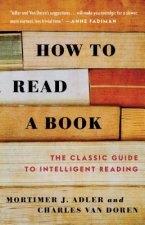
How to Read a Book
303 Kč -
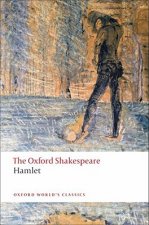
Hamlet: The Oxford Shakespeare
249 Kč -
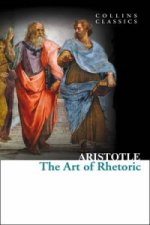
Art of Rhetoric
75 Kč -
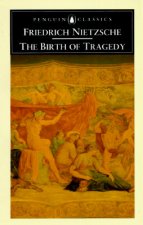
Birth of Tragedy
249 Kč -
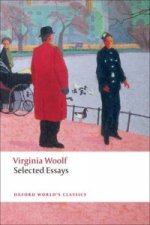
Selected Essays
276 Kč -
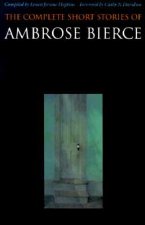
Complete Short Stories of Ambrose Bierce
517 Kč -

Serpent Power
520 Kč -
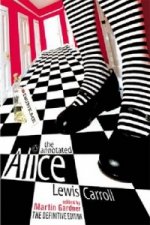
Annotated Alice
323 Kč -
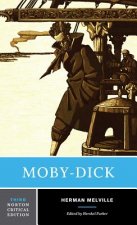
Moby-Dick
464 Kč -

Nordic Noir
410 Kč -
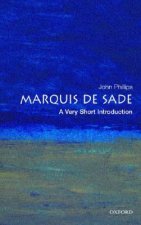
Marquis de Sade: A Very Short Introduction
273 Kč -
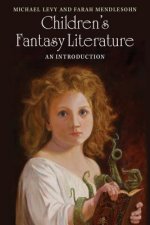
Children's Fantasy Literature
670 Kč -
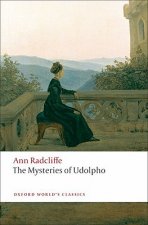
Mysteries of Udolpho
276 Kč -
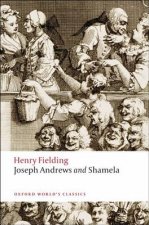
Joseph Andrews and Shamela
224 Kč -
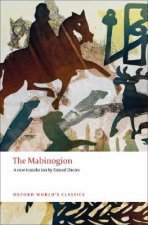
Mabinogion
276 Kč -
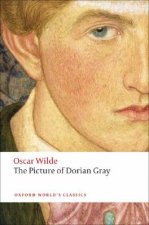
The Picture of Dorian Gray
170 Kč -
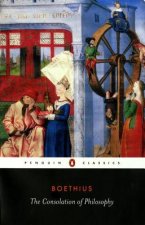
Consolation of Philosophy
276 Kč -
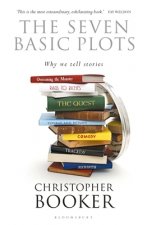
Seven Basic Plots
574 Kč -
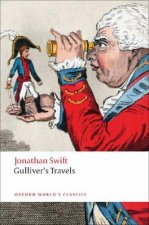
Gulliver's Travels
170 Kč -
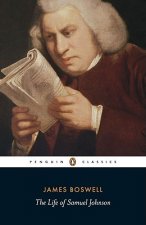
Life of Samuel Johnson
631 Kč -

Powers of Horror
899 Kč -

Road to Hel
1373 Kč -
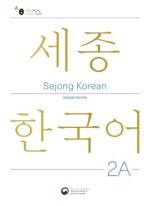
Sejong Korean Student Book 2A - English Edition, m. 1 Audio
746 Kč -
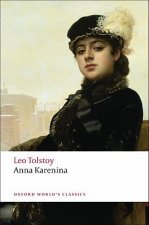
Anna Karenina
223 Kč -

Wide Sargasso Sea
223 Kč -
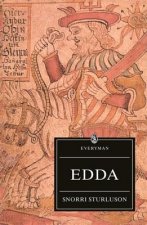
Edda
293 Kč -
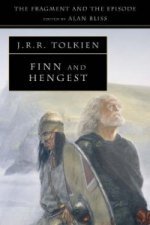
Finn and Hengest
249 Kč -
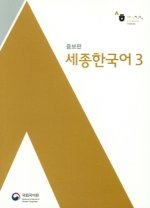
Sejong Korean 3, m. 1 Audio
693 Kč -
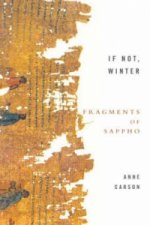
If Not, Winter: Fragments Of Sappho
463 Kč -

Africa's Tarnished Name
101 Kč -
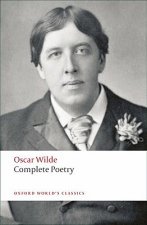
Complete Poetry
196 Kč -

Captain is Out to Lunch
276 Kč -
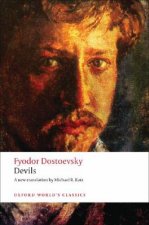
Devils
265 Kč -
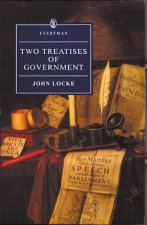
Two Treatises of Government
264 Kč -
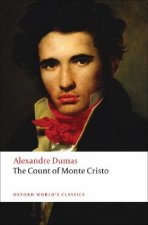
Count of Monte Cristo
276 Kč -

Moveable Feast
268 Kč -

Moveable Feast
302 Kč -
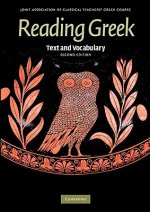
Reading Greek
963 Kč -
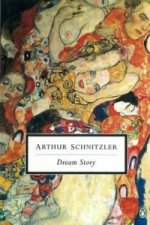
Dream Story
276 Kč -
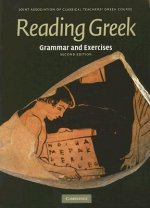
Reading Greek
1028 Kč -

Analysis of Donna Haraway's A Cyborg Manifesto
226 Kč -
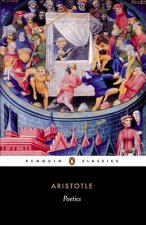
Poetics
276 Kč -
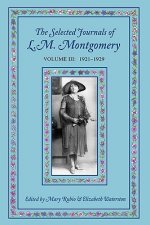
Selected Journals of Lm Montgomery Volume III 1921-1929
515 Kč -

Leaves of Grass
475 Kč -
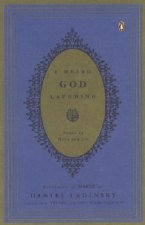
I Heard God Laughing
420 Kč -
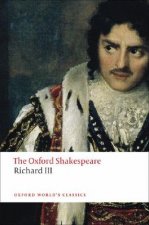
Tragedy of King Richard III: The Oxford Shakespeare
223 Kč -

Sejong Korean Student Book 1B - Korean Version, m. 1 Audio
746 Kč -

Wild Ass's Skin
321 Kč -

Cambridge Greek Lexicon 2 Volume Hardback Set
2354 Kč
Osobní odběr Praha, Brno a 12903 dalších
Copyright ©2008-24 nejlevnejsi-knihy.cz Všechna práva vyhrazenaSoukromíCookies



 Vrácení do měsíce
Vrácení do měsíce 571 999 099 (8-15.30h)
571 999 099 (8-15.30h)